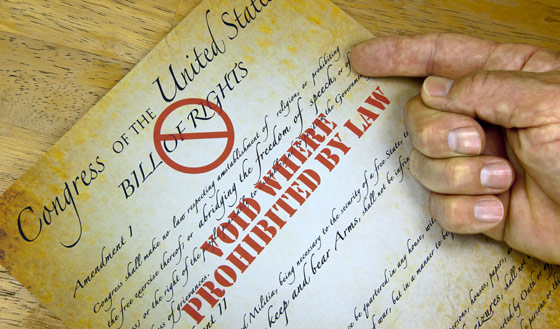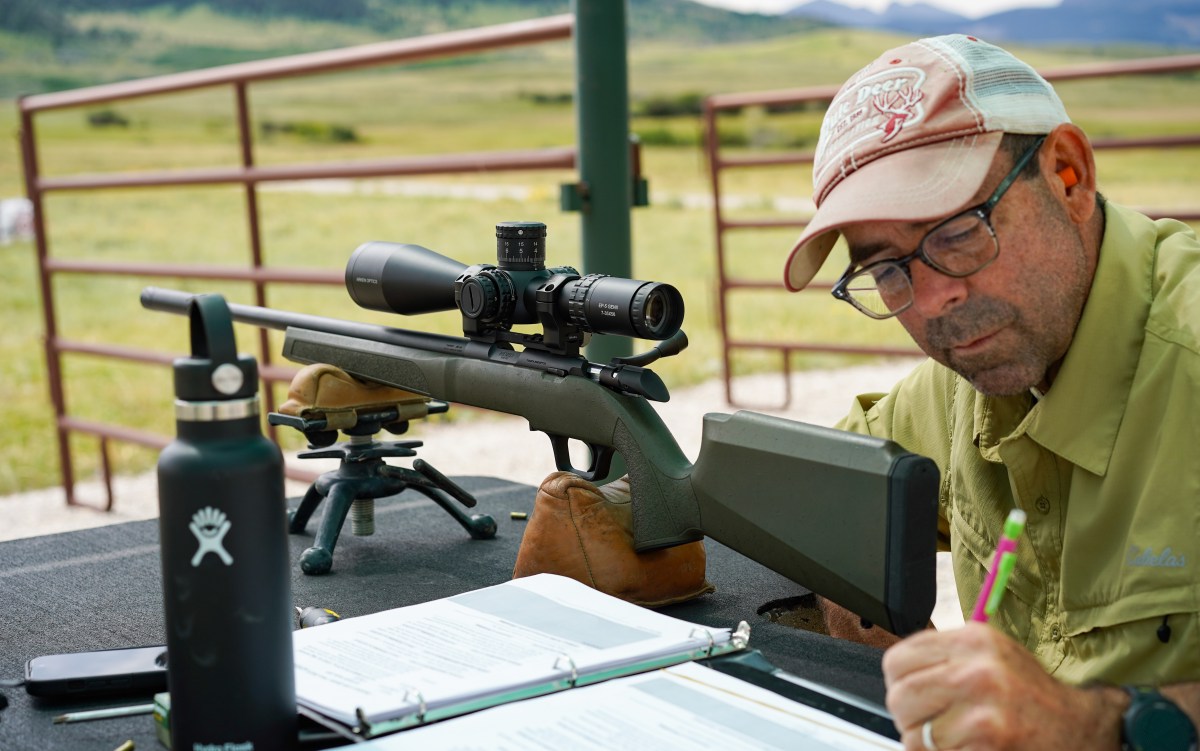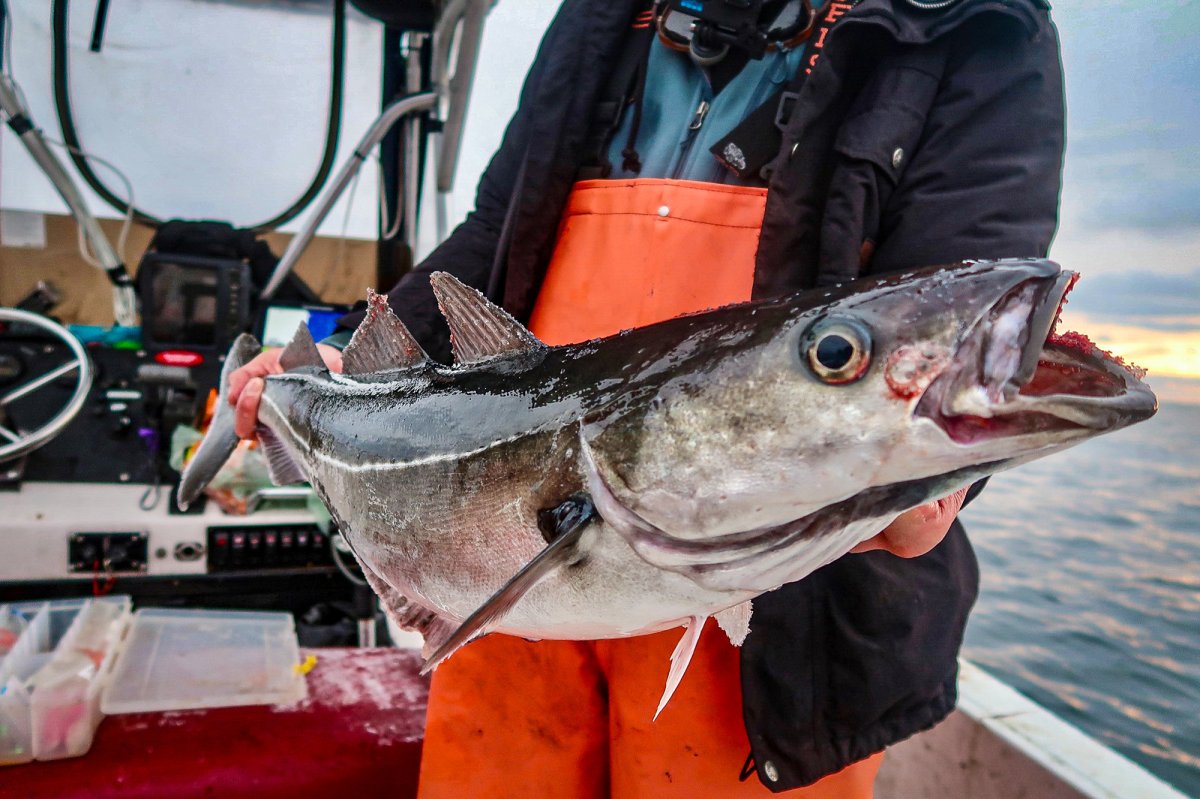FEMA Myths You Need To Stop Believing
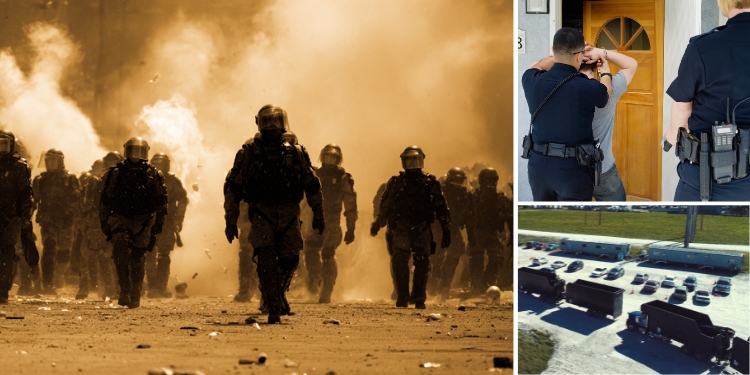
If you’re like most preppers, just hearing the acronym “FEMA” makes your skin crawl a little. And for good reason. The Federal Emergency Management Agency has long been painted as the cavalry in crisis but let’s not kid ourselves. There’s a mountain of myths out there, from overly positive hype to downright dangerous misinformation. Some folks think FEMA’s coming to save the day. Others think it’s part of a darker plan. The truth? It’s somewhere in between, but much closer to the skeptical side than mainstream media would like you to believe. Let’s break down the most common FEMA myths and why believing them could leave you vulnerable when the SHTF.
FEMA Will Bring You Emergency Supplies Immediately
It sounds comforting, but it’s far from reality. FEMA’s own response time in most disasters is 72 hours or more—if you’re lucky. That’s three days without food, clean water, or medical help. In large-scale disasters like Hurricane Katrina or Puerto Rico after Hurricane Maria, delays were far worse.
The reality:
- FEMA often has to wait for state and local governments to request aid.
- Logistics, red tape, and overwhelmed supply chains cause major slowdowns.
- You’re your own first responder. Period.
And here’s the kicker—72 hours is the best case. If roads are blocked, if supply chains are jammed, if politics get in the way, you could be waiting a week or more before a single pallet of bottled water shows up. That’s not disaster relief—that’s abandonment dressed up in bureaucracy. In the meantime, you either rely on what you’ve already stockpiled… or you go without.
FEMA Has Emergency Shelters Ready for Everyone
Sure, there are shelters, but not nearly enough. And they’re not the five-star emergency bunkers people imagine. Think overcrowded gymnasiums, little privacy, limited resources, and serious sanitation concerns.
What to consider:
- Many shelters don’t allow pets.
- Supplies can be rationed.
- Security can be questionable in large, chaotic environments.
If you’re counting on a FEMA shelter to be your bug-out plan, you don’t have a plan.
When FEMA says “shelter,” what they really mean is a crowded gymnasium with bad lighting, little security, and hundreds of desperate strangers stacked side by side. That’s not safety. That’s a powder keg. If you think your family will thrive in that chaos, think again.
That’s why your best bet is to make your own home the stronghold. Home Defense Academy shows you exactly how to harden your doors, set up layers of security, and prepare for the moment when desperate neighbors (or worse) come knocking. Because if FEMA camps are plan B, your home had better be plan A.
Learn how to fortify your home against intruders, looters, and chaos with the video lessons from Home Defense Academy here.
FEMA Cares About Rural Communities
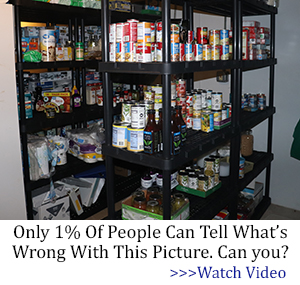 Here’s the brutal truth: rural areas are often the last to receive aid. Population centers get priority, especially where media attention is focused. If you live on the outskirts, or off the grid, you’ll be left fending for yourself longer than anyone else.
Here’s the brutal truth: rural areas are often the last to receive aid. Population centers get priority, especially where media attention is focused. If you live on the outskirts, or off the grid, you’ll be left fending for yourself longer than anyone else.
Rural realities:
- Limited access routes delay supply delivery.
- FEMA prioritizes high-density impact zones.
- Smaller counties may not even qualify for federal aid until damage assessments are complete.
If you live in the city, FEMA might get to you in days. If you live rural? Weeks. Maybe never. Out in the sticks, you don’t get resupplied—you get forgotten. And when you’re forgotten, it’s only grit, skill, and resourcefulness that keep you alive.
The True Grit Academy isn’t about theory—it’s about the kind of hard skills pioneers and homesteaders used to tame the wilderness: making fire in the rain, preserving food without electricity, defending property when there’s no police. Skills that turn “being left alone” into an advantage instead of a death sentence.
Here’s a glimpse of what you’ll master:
- How to grow and store food without relying on grocery chains.
- How to defend your land with old-school traps and barriers.
- How to create clean water and energy in places FEMA trucks never reach.
Discover the True Grit Academy and arm yourself with survival skills built for people who know help isn’t coming!
FEMA Camps Are a Conspiracy Theory
Let’s clear something up. The idea that FEMA has concentration-style camps ready to imprison dissidents is exaggerated and fueled by online fear-mongering. But the existence of large-scale emergency relocation centers is not up for debate; they’re documented, budgeted, and part of contingency planning.
Here’s what’s real:
- FEMA does maintain contracts for temporary housing camps.
- These are typically planned for disaster displacement—not martial law.
- That said, the same infrastructure could be repurposed quickly.
So no, you’re probably not getting hauled off in black helicopters. But don’t assume every facility has your comfort in mind, either.
The truth is, when the government builds massive relocation centers, they’re not building them with you in mind—they’re building them to manage chaos. Crowded, controlled, and heavily monitored, these camps can shift overnight from “temporary housing” to holding pens. Maybe not gulags, but certainly not havens of freedom. If you walk in expecting comfort and dignity, you’ll be sorely disappointed.
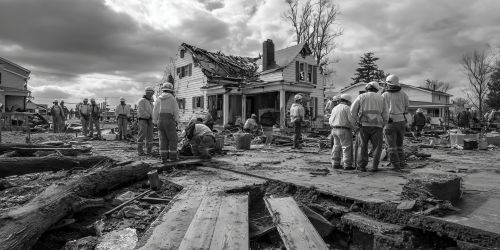 FEMA Will Rebuild Your Home
FEMA Will Rebuild Your Home
FEMA isn’t your personal insurance company. In most cases, aid is capped well below what it would take to rebuild your life. After Hurricane Harvey, many received less than $10,000 for homes that were destroyed.
The financial reality:
- Maximum FEMA grant payout is around $40,000, but few receive that much.
- Most assistance comes as low-interest loans, not free cash.
- You’ll be waiting weeks (or longer) for approval and distribution.
Prepare now. Insurance, savings, and redundancy matter more than a government check.
They tell you FEMA will help “rebuild.” What they mean is a few thousand bucks—barely enough for drywall, let alone your life. And if the dollar itself collapses, those checks won’t even buy a loaf of bread. The truth? When money dies, control shifts to whoever controls the real resources.
That’s where Dollar Apocalypse comes in. This isn’t about stashing bills under your mattress. It’s about knowing the 27 items that instantly turn into barter currency, how to recognize the red flags before the collapse, and how to stay two steps ahead while the rest of the country lines up for rations.
Don’t bet your family’s future on a weak dollar or a FEMA loan!
> > Grab Dollar Apocalypse and learn the rules of survival when money means nothing.
FEMA Will Prioritize Medical Aid
Think again. FEMA’s medical resources are stretched thin and rely heavily on local hospitals and volunteer services. If hospitals are overrun or destroyed, FEMA doesn’t magically bring mobile trauma centers for everyone.
Medical misbeliefs:
- First responders are local, not federal.
- FEMA medical support often focuses on logistics, not direct care.
- Critical cases may be prioritized over chronic conditions or minor injuries.
You’re better off building a medical kit, learning first aid, and stocking meds now than banking on a FEMA medic.
When disaster strikes, hospitals overflow, supplies vanish, and FEMA’s “medical aid” boils down to paperwork and rationing. Do you really want your family’s survival hinging on a folding cot and a clipboard? When outbreaks spread and meds run dry, waiting in line for help is a gamble you can’t afford.
David’s Shield can help. It’s a survival health blueprint designed for moments when FEMA’s nowhere in sight. From natural antibiotics to improvised medical setups, David’s Shield gives you back the control the system takes away.
In a crisis, health isn’t optional—it’s survival. Protect your family with David’s Shield before the next wave hits.
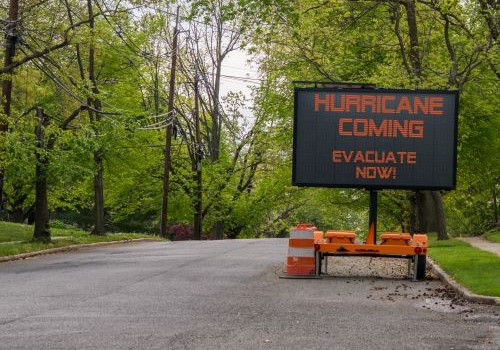 FEMA Only Steps in During Natural Disasters
FEMA Only Steps in During Natural Disasters
Wrong. FEMA’s role goes beyond hurricanes and floods. They’re also involved in pandemic response, chemical spills, radiological emergencies, and yes—even civil unrest scenarios.
Their authority includes:
- Coordinating with DHS during declared emergencies.
- Managing National Response Frameworks for terrorism or biohazards.
- Allocating emergency resources when local law enforcement fails.
If you think FEMA won’t be involved during a mass panic event or government collapse—you’re not paying attention.
When FEMA steps into these “non-natural” crises, the rules change fast. Suddenly it’s not just sandbags and bottled water, it’s quarantine zones, mandatory evacuations, and checkpoints. They call it “emergency management,” but what it really means is more control over where you go, what you do, and how much freedom you get to keep.
FEMA Isn’t Watching You
This one creeps people out…and it should. While FEMA isn’t the NSA, they do collect emergency data on populations, including demographics, migration patterns, and communication breakdowns. In some cases, that data may overlap with Homeland Security assessments.
Why it matters:
- FEMA works closely with DHS and local law enforcement.
- Emergency drills and simulations often include population tracking.
- Your location and status could influence your “priority” level.
Don’t panic but don’t assume you’re invisible in a major disaster, either.
Think about it—when your movements, habits, and even your “priority level” are logged in a federal database, you stop being a citizen and start being a statistic. And once you’re reduced to data points on a government spreadsheet, decisions about your survival—food, shelter, security—get made without you ever having a say.
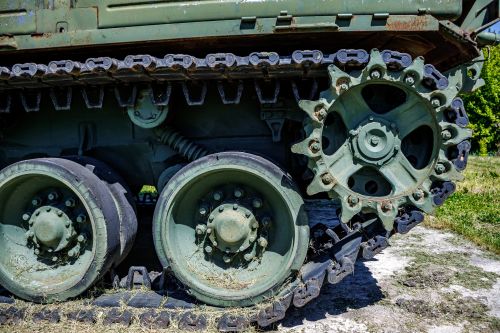 FEMA Won’t Ever Enforce Martial Law
FEMA Won’t Ever Enforce Martial Law
Technically, FEMA doesn’t have the legal authority to declare martial law. But during declared states of emergency, FEMA can request military support through the Department of Defense and enforce curfews, evacuations, and checkpoints.
The blurry legal line:
- Military or National Guard units may act under FEMA direction.
- Curfews and movement restrictions are enforced through federal guidance.
- Civil liberties can be suspended temporarily during extreme scenarios.
So no, FEMA doesn’t become a dictatorship, but your freedoms might not look the same if disaster strikes at scale.
Picture this: a storm hits, curfew locks you down, and suddenly the power cuts out. You’re sitting in the dark, no heat, no lights, no way to secure your home. FEMA might bring in generators… eventually. But eventually doesn’t keep your fridge cold tonight.
Easy DIY Power Plan is about independence. It shows you how to build a low-cost, off-grid energy source that powers your essentials without the grid. Forget paying thousands for solar panels. Forget relying on a government truck. With a system like this, you’ve got power when everyone else is fumbling in the dark.
Here’s why preppers swear by it:
- Generates reliable off-grid energy without expensive equipment.
- Keeps lights, freezers, and security systems running when the grid fails.
- Simple build—anyone can set it up, no engineering degree required.
The grid isn’t built for you. Take your power back with Easy DIY Power Plan.
You’ll Know When FEMA Is On The Ground
Not always. FEMA operates through contractors, National Guard units, local government liaisons, and even private logistics firms. In some events, you might be getting “FEMA aid” without ever seeing a single FEMA vest.
They work through:
- Third-party contractors for food, water, and shelter supplies.
- Partnerships with Red Cross and NGOs.
- Surveillance and communications support to local governments.
Bottom line? FEMA is a behind-the-scenes agency with power—but not always presence.
And that’s the dangerous part—you won’t always know when FEMA’s pulling the strings. Aid might show up with a charity logo, or restrictions could come down through “local authorities,” but the hand behind it is federal. That makes it harder to question, harder to resist, and easier for them to shape the crisis on their terms, not yours.
Final Thoughts: Why This Matters
FEMA isn’t evil. But it isn’t your savior either. Believing the agency will swoop in with food, shelter, medicine, and protection within hours of chaos is a fantasy that can get you killed, or leave you cold, hungry, and alone.
Here’s what you should do instead:
- Stock three weeks of food and water, not just three days.
- Plan for total self-reliance…assume help isn’t coming.
- Stay informed about your local emergency management protocols.
- Train your family in first aid, security, and evacuation.
- Stay skeptical but stay smart.
Let’s hear it: What FEMA myth did you used to believe and what woke you up? Drop your story below.
You may also like:

FEMA Will Never Take Your Stockpile If You Hide It Here
What To Do With ALL Your Frozen Food Once The Power Goes Out (Video)
9 Signs You Might Be on FEMA’s List
You Need This To Survive A FEMA Takeover
5 Ways To Actually Use FEMA To Your Advantage
Read the full article here




